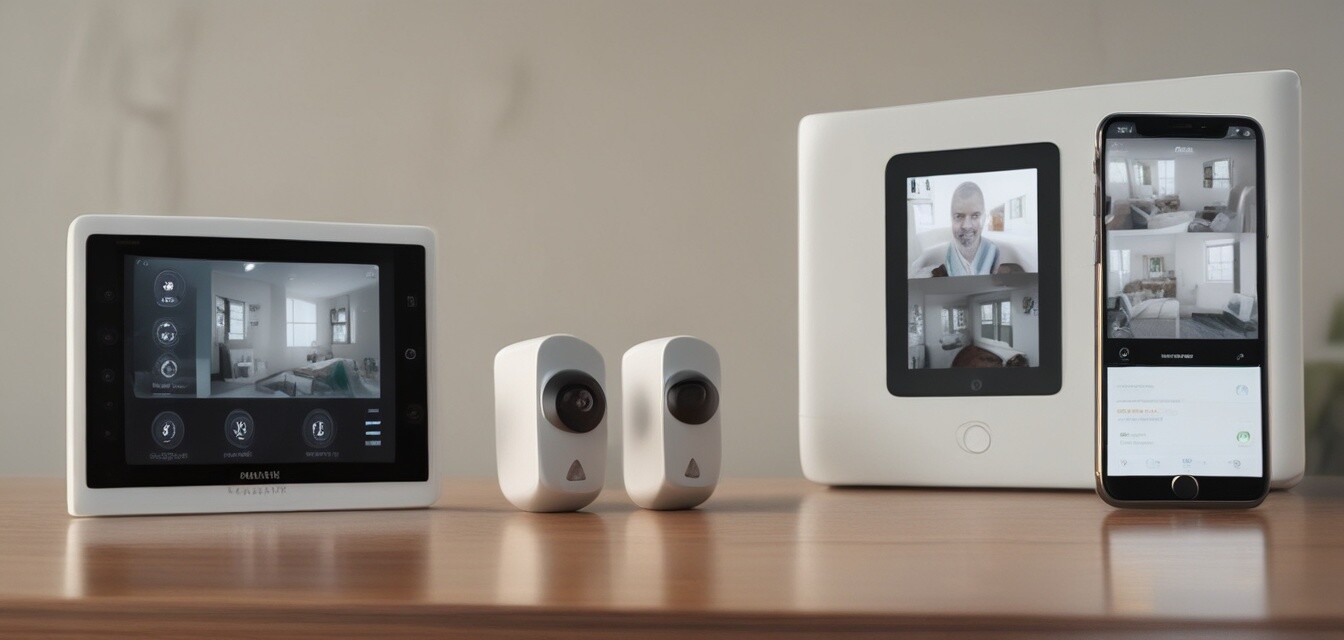
Benefits and Challenges of Smart Home Security
Key Takeaways
- Smart home security offers enhanced convenience and control over your security system.
- Integration with other smart home devices can streamline security measures.
- Data privacy and security vulnerabilities are major concerns with smart systems.
- Consider potential costs versus the benefits of traditional security measures.
- Staying informed about latest security technology trends is essential.
In today’s fast-paced world, ensuring the safety and security of your home has never been more critical. With the advancement of technology, many homeowners are turning to smart home security solutions to keep their properties safe. In this article, we will explore the benefits and challenges of implementing these systems, equipping you with the knowledge to make informed decisions about your home's security.
What is Smart Home Security?
Smart home security refers to the use of internet-connected devices and technology to monitor and control your home security system. This can include smart cameras, alarm systems, smart locks, and even motion sensors that can be accessed through a smartphone or tablet. This technology allows homeowners to receive real-time alerts and take immediate action when needed.
Benefits of Smart Home Security
Investing in smart home security systems can provide a range of advantages:
| Benefit | Description |
|---|---|
| Convenience | Control all security features from your smartphone or control panel, making it easy to monitor your home. |
| Real-time Alerts | Receive instant notifications about suspicious activities, allowing for quick responses. |
| Remote Monitoring | Access live feeds from cameras and sensors, enabling you to check the status of your home anywhere, anytime. |
| Integration | Seamlessly connect with other smart devices for enhanced home security measures. |
| Cost-effective | Many solutions offer flexibility in pricing, allowing for scalable installations depending on your needs. |
Challenges of Smart Home Security
While smart security solutions have many benefits, they also come with their set of challenges:
Pros
- Easy installation and setup.
- Remote access enhances control over security.
- Can be integrated with other home automation systems.
- Potential savings on insurance premiums due to advanced security measures.
Cons
- Dependence on internet connectivity, which can pose issues during outages.
- Data privacy concerns with personal information being grid-connected.
- Potential vulnerabilities to hacking and unauthorized access.
- Higher initial setup costs compared to traditional systems.
Analyzing Costs vs. Benefits
When considering smart home security, it's crucial to weigh the potential costs against the undeniable benefits. The initial setup costs can vary significantly, depending on the complexity of your system. However, many users find that the peace of mind and convenience achieved through these advanced systems far outweighs the potential drawbacks.
Staying Updated with Security Technology Trends
As smart home security technology continues to evolve, staying informed about the latest innovations and features is essential. Regularly reviewing articles on latest security technology trends can help you enhance your home protection effectively.
Conclusion
In conclusion, smart home security presents both exciting possibilities and significant challenges for homeowners. By understanding the benefits and potential drawbacks, you can make informed decisions that best protect your home and family. Explore various solutions, remain aware of industry trends, and invest wisely in your security measures.
Further Reading
For more information on enhancing your home security, be sure to check out our related articles:
